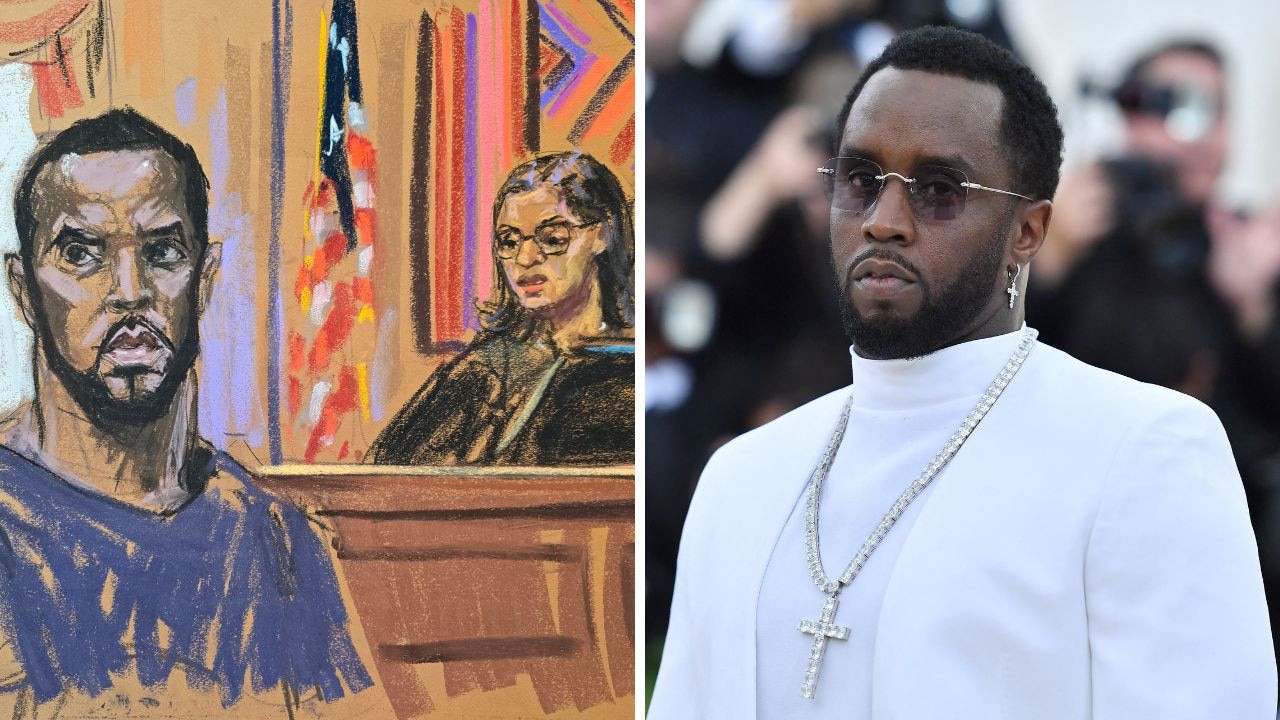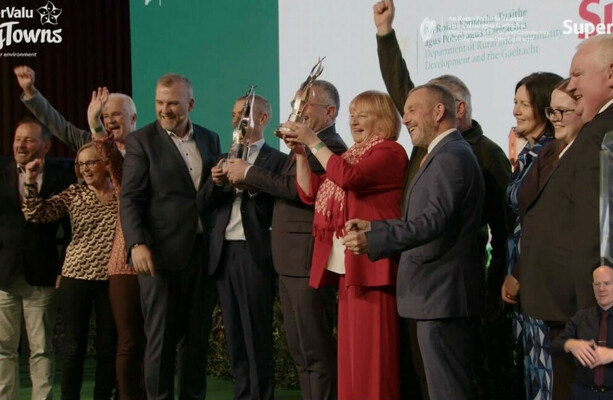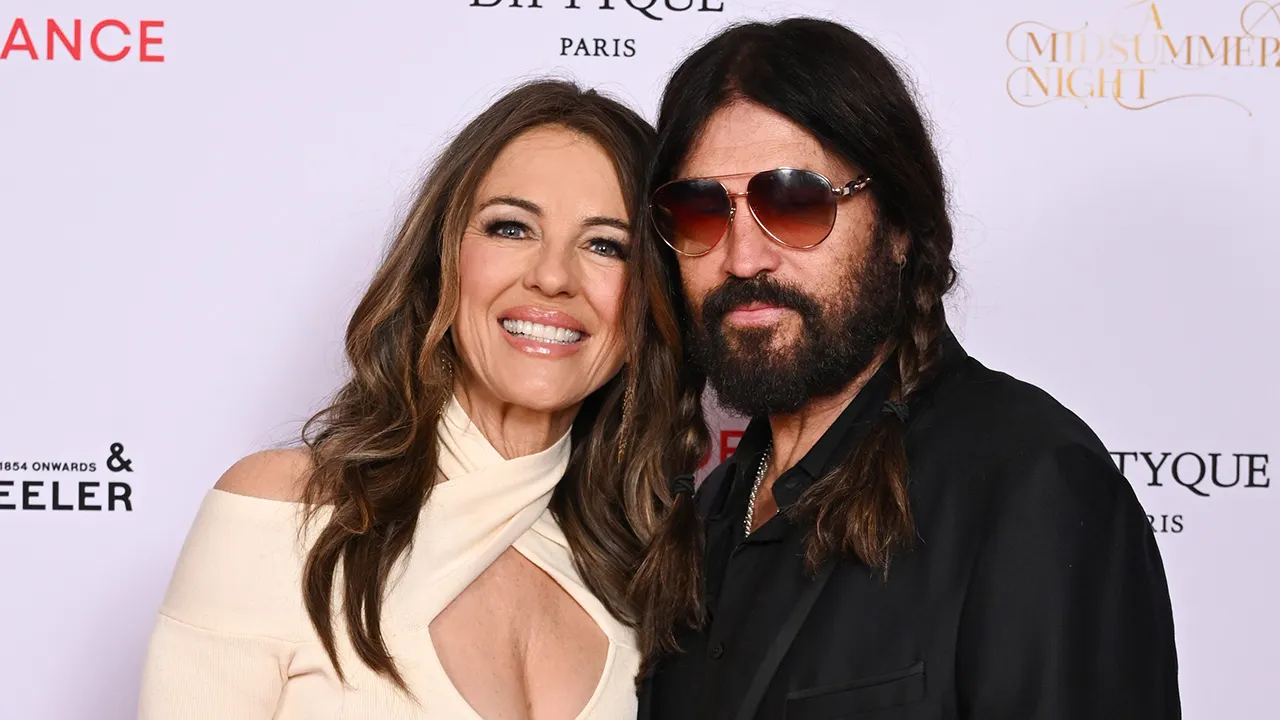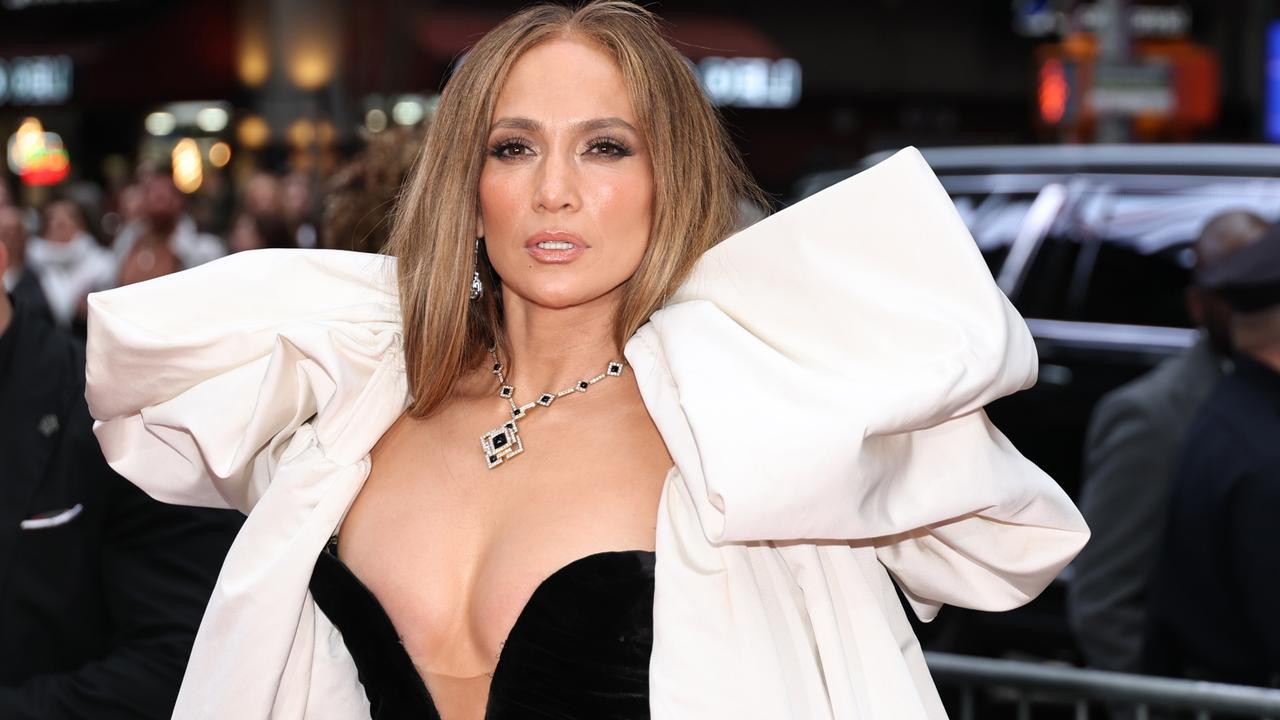Copyright The Hollywood Reporter
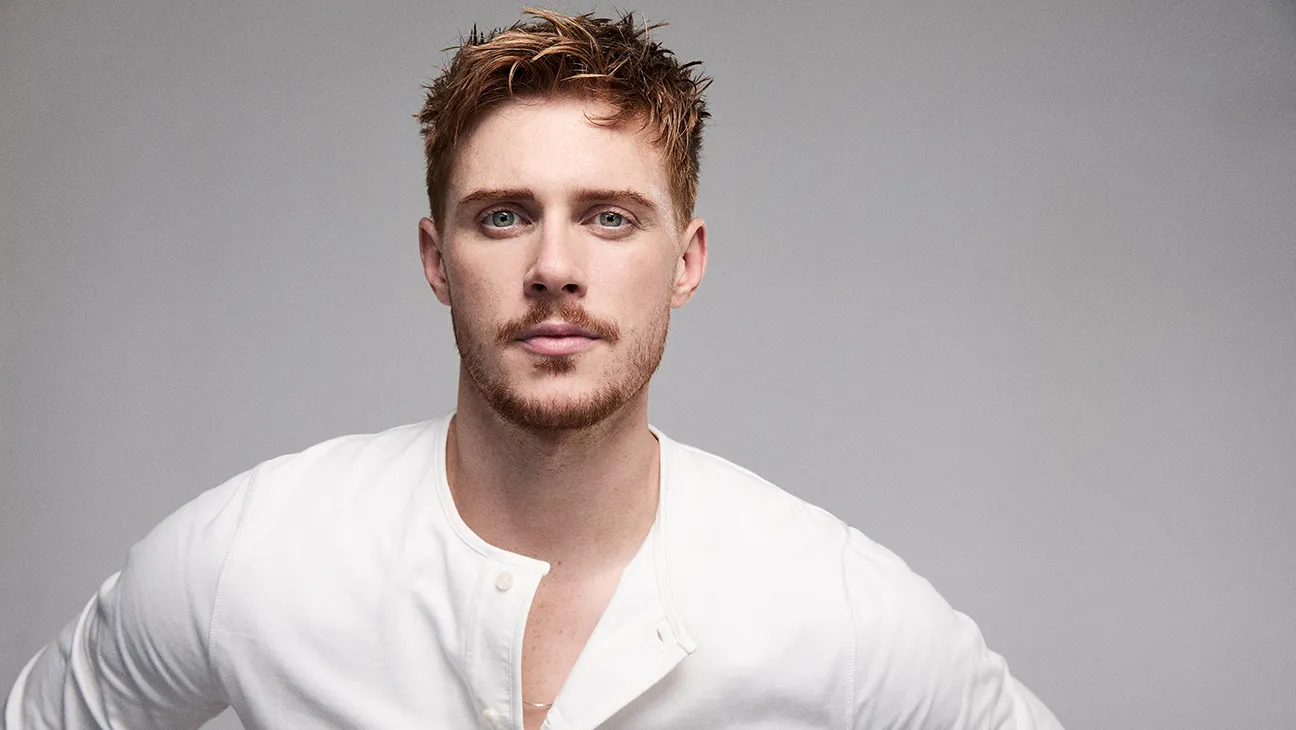
“I’ve never been in a cast that was predominantly just boys and it sort of brought up everything that you would expect,” British actor Max Parker jokingly explains of his time filming Netflix’s gay Marine dramedy Boots. “Everyone’s so competitive, everyone’s pranking each other, everyone’s having the best time,” the 33-year-old actor tells The Hollywood Reporter on a Zoom from the U.K. “But also it’s hard to keep focused because it takes us right back to being in school.” The show, set in 1990, follows Cameron, portrayed by Miles Heizer, a closeted teenager who follows his friend to the Marines. Parker stars as one of Cameron’s commanding officers, drill sergeant Sullivan. “I think when I first got this audition, it was so out of my comfort zone,” he says. “I never saw myself playing a drill instructor.” Boots, based on Greg Cope White’s memoir, The Pink Marine, currently sits at No. 7 on Netflix’s U.S. top 10 TV shows in the U.S. It seems to balance being critical of the anti-gay culture of the U.S. military in the ’90s, while also being respectful of the military and noting positives in aspects of the community that can be found. Pentagon Press Secretary Kingsley Wilson spoke about Netflix when asked about Boots by Entertainment Weekly: “Under President Trump and Secretary Hegseth, the U.S. military is getting back to restoring the warrior ethos. Our standards across the board are elite, uniform and sex neutral because the weight of a rucksack or a human being doesn’t care if you’re a man, a woman, gay or straight. We will not compromise our standards to satisfy an ideological agenda, unlike Netflix whose leadership consistently produces and feeds woke garbage to their audience and children.” For Parker, the show is all about connection. “It’s not about one thing, it’s about all these different people from different backstories, different religions, different races. [It’s about] different people making connections with other people, and there’s nothing about that that isn’t real,” he says. Below, Parker speaks with THR about what drew him to Boots and what he remembers most from shooting. What drew you to this project? I think when I first got this audition, it was so out of my comfort zone. I never saw myself playing a drill instructor. I knew that certain drill instructors in movies like Full Metal Jacket. [The] audition was a juicy scene. The first audition scene was the scene at the end of episode one. It was a juicy scene, but I didn’t necessarily think it would go any further. And then the more and more rounds I did, the more of the character I got to know and realized that I really related to this character. The more research that I did of drill instructors [during] that era, I definitely saw myself in the role. It was one of those auditions [where] the more and more effort I put into it, the more devastated I would’ve been if I didn’t get it. Is that a common occurrence for you? Yeah, I think there’s always two ways to go about it. Sometimes you’ll get a project that’ll be an incredible team or an incredible studio and you’re excited to work with certain people. Sometimes, it’s more the excitement of the script or the character. I think with this one, obviously, it was an incredible team and network, and the script was great. I just didn’t necessarily relate with the character, which is funny because the character of Sullivan changes so much throughout the show. It was nice to discover Sullivan as filming went [on] and as the audition process went [on]. I think that’s the magic of that character; he starts at one level, and you get to see so much of him. Do you find that you had any reservations about playing this character? I think this part requires someone that will do it justice. I know that by surrounding myself with those people, how important to Americans the Marine Corps is in the process of the military. I think I really had a reservation in terms of that I really wanted to do justice, so it just made me work harder in order to understand all of it rather than just me, Max Parker, playing the character. Is there a scene you think was most memorable when shooting? There’s so many scenes that I could sort of talk about in different sort of aspects. The first scene that I ever did on set for the show was the scene at the end of episode one, which will always be an amazing experience for me because I’d been training in boot camp with these other actors for a couple of weeks, and they’d never seen me be the drill instructor. They’d always see me rehearse with them as the recruit, so it was quite nice to turn up on set as Sullivan and do that. I remember the scene in the dumpster, I think it’s in episode four, it was a really stressful scene to film. I was on Miles’s final audition. I’d already been cast, so I was reading over Zoom, that scene in the dumpster with him. I remember watching him through the Zoom and almost forgetting my lines because he was just so mesmerizing. Getting to do that on set and recreate that moment in the actual circumstance was exciting but also scary. One, it was the audition scene, you want to do a good job. Two, a lot of the actors had just finished so they were going to stick around to watch us do this scene. Also, our showrunner had his family on set that day, so it was a lot of pressure. Both me and Miles felt the pressure of that scene, but watching it on screen, I think it needed that sort of edge to give it a little bit of something else. What was your boot camp for the show like? I think when people hear boot camp, they think that we were doing a thousand burpees and pull-ups and push-ups. We only had a really small amount of time to suck all the information out of these veterans and military advisors. We used that time to learn stuff that was specific to the script, learn how to take apart a gun, learn to shoot, learn to march, learn to stand at attention; all those kind of things. The fitness aspect was sort of up to us. I know that my character, Sullivan, uses exercise as a form of distraction and self-punishment, so I sort of wanted to stay in shape for that. It’s so hard to do though when you are working in New Orleans with all this amazing food. How much research did you do for the show? Particularly with the relationship that queer people had with the U.S. military at that time? I think because it’s so era specific, and it’s slightly different to the book, I couldn’t necessarily read the book to dictate what it was [like] in the ’90s. But it was still the same rule. It was before Don’t Ask, Don’t Tell, and it just screamed to me the ultimate opposites in terms of this ultra-masculine, competitive, boisterous, testosterone-filled thing, which is the Marines. And then this side of hiding. I know how hiding can feel, so this sense of hiding who you are, not only because you’re embarrassed or you’re ashamed; it’s the law. You could lose all your privileges, your titles, everything that you’ve worked for. Putting that in the era, it’s almost like a timeless feeling. You know exactly how it would feel. It’s just amplified in this situation of the Marines. We did have Leon [Ingleright, a military advisor] on set with us. His story was quite similar to Sullivan’s in a way. He lost everything by being outed [while] in the Marines. Since the show’s come out, I’ve been messaged by so many Marines that have gone through what Sullivan went through and even [those] that didn’t come out. [They] made it all the way to the end, but just had to hide for that long and how difficult it was, and how important it was to see it on screen and feel seen. In terms of research, I did it more through speaking to people and asking [about] their experiences.
